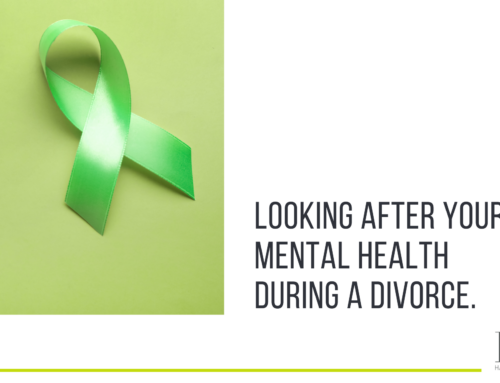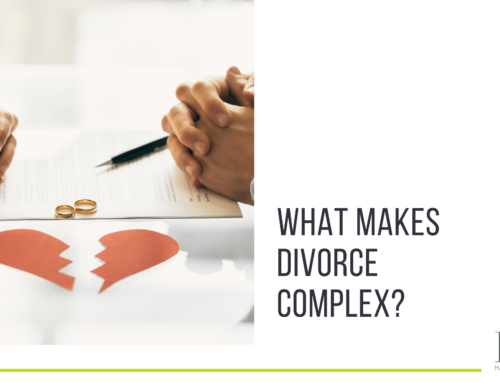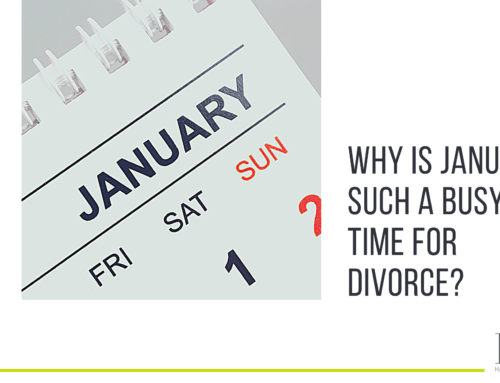If you have been ordered by the court to pay your ex maintenance, there can be serious consequences if you just cut them off. You may feel you have good reason to do so but you will put yourself in a difficult position if you take any action without having specialist advice first.
If you stop paying your ex, they are entitled to enforce the arrears under the court order as a debt. They will have a number of options so that they can recover the money from you. They could ask the court for an order that:
- payments of maintenance are deducted automatically from your wages by your employer
- your bank pay the money they are owed under the terms of your financial settlement from your bank account
- you are made bankrupt so that they can receive payment of the arrears
Unless you apply to reduce, cancel or suspend the maintenance payments, you risk your ex pursuing enforcement of the arrears. This can lead to you paying more money overall and it can affect your credit rating. This can be a far costlier exercise than investing in some quality advice to begin with.
It might be right to alter or stop the maintenance payments if you or your ex have had a change in circumstances. If you have been made redundant, retired, fallen ill or had a new family, this may affect your ability to pay your ex. Your ex might have remarried or improved their financial resources, so they might not need the maintenance any more or at the same rate.
If you are struggling to pay maintenance or your ex is much better off that they were, you should talk to us. We will give you clear and honest advice about what we think you should do.
Call us today on 01423 594680.
Andrew Meehan is an experienced family lawyer specialising in complex divorces involving significant or hidden assets, as well as cases involving children.
He is recommended for family law by both Chambers 2018 (York, Hull and surrounding regions) and the Legal 500 2017 (Leeds/West Yorkshire and North Yorkshire region).
Everyone’s circumstances are different and this article is provided by way of general information only and must not be replied upon. If you require legal advice on a family law issue, please feel free to contact us by emailing enquiries@harrogatefamilylaw.co.uk.






